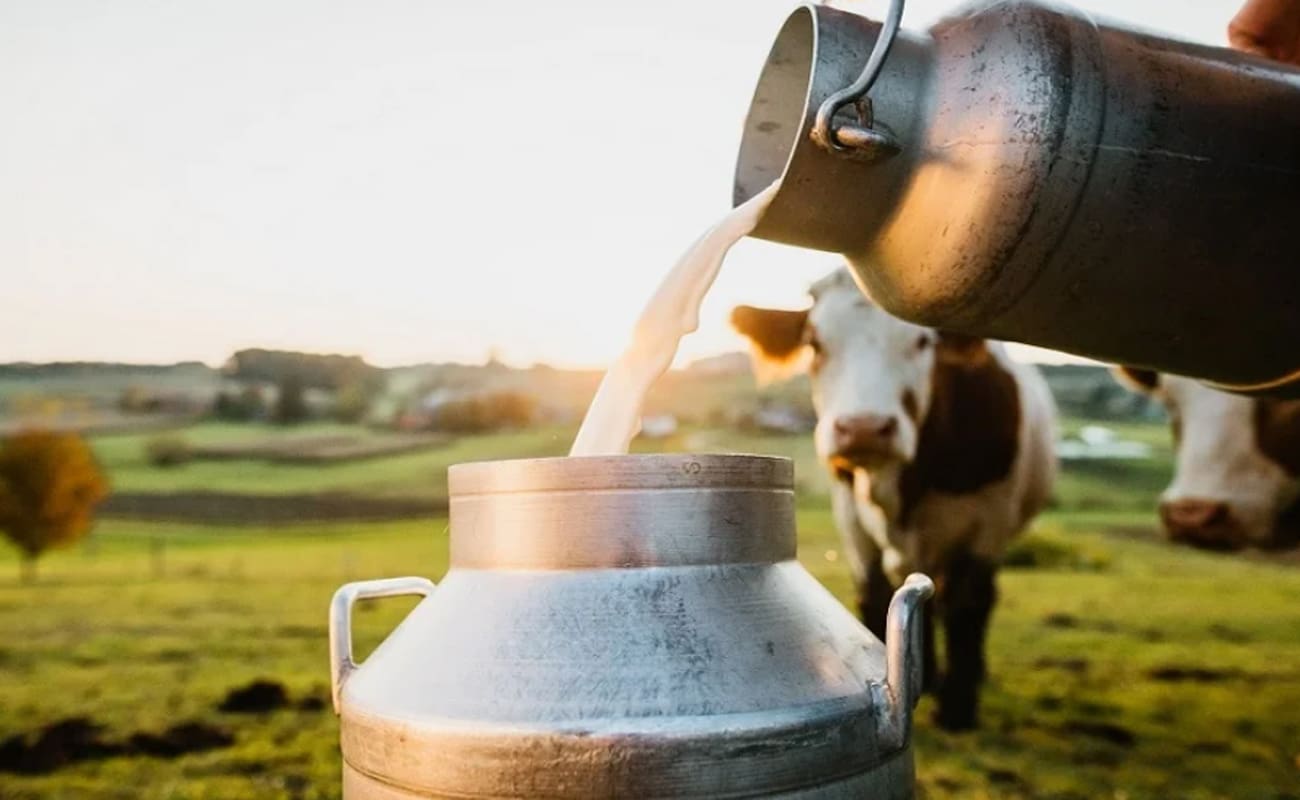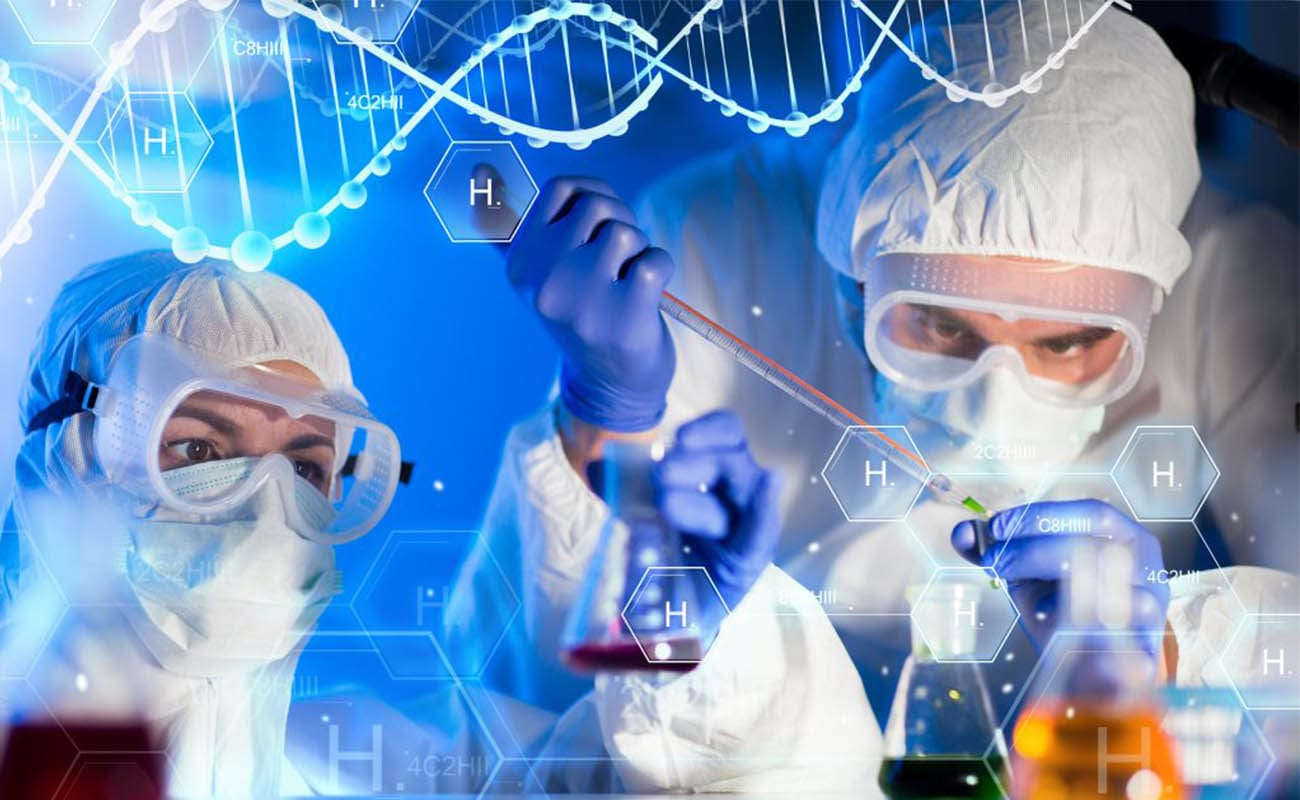The production, distribution, and consumption of food have profound implications for animal welfare, human health, and environmental sustainability. Industrial food systems often rely on intensive animal agriculture, contributing to the exploitation and suffering of billions of animals each year. From meat and dairy to eggs and processed foods, the sourcing and manufacturing practices behind what we eat can perpetuate cruelty, environmental degradation, and public health concerns.
Food choices also play a critical role in shaping global environmental outcomes. Diets heavy in animal products are linked to higher greenhouse gas emissions, deforestation, biodiversity loss, and excessive water and land use. Conversely, plant-based and sustainably sourced foods can reduce these impacts while promoting more ethical treatment of animals and healthier communities.
Understanding the connections between what we eat, how it is produced, and its broader social and environmental effects is essential for driving informed choices. By advocating for transparency, supporting humane and sustainable practices, and embracing conscious consumption, individuals can help transform the food system into one that prioritizes compassion, sustainability, and equity for both humans and animals.
Exposing the Hidden Impact of Dairy and Meat Industries: Environmental, Ethical, and Health Concerns
The dairy and meat industries, often seen as cornerstones of our diets, carry a hidden burden that extends far beyond the dinner table. From their devastating environmental impact—spanning deforestation, water depletion, and methane emissions—to the ethical concerns surrounding animal welfare and factory farming practices, these sectors reveal a stark reality many prefer to ignore. Coupled with health risks linked to high consumption of animal products, it’s clear that change is needed. This article sheds light on these pressing issues while highlighting sustainable alternatives and actionable steps towards creating a kinder, greener future for all


























































